Turbine Blade Shape and Principle




| Product name: | Turbine Blade Shape and Principle |
| Keywords: | Turbine Blade Shape, Turbine Blade Principle, High-Temperature Alloy Turbine Blades |
| Industry: | - |
| Process: | - |
| Material: |
Processing manufacturer
- There are 35 manufacturers that provide similar products
- There are 196 manufacturers that provide this processing technology
- There are 117 manufacturers that provide this material processing service
- There are 156 manufacturers that provide this industry processing service
Product details
Turbine blades are core components in aircraft engines, gas turbines, and some high-performance automotive supercharging systems. Their unique shape and design ensure high aerodynamic efficiency.
Blades typically have a curved, three-dimensional, twisted shape, similar in cross-section to an airfoil, with a rounded leading edge and a tapered trailing edge, effectively guiding high-speed airflow.
The blades operate by using the high-speed flow of gas to impact the blades, causing them to rotate and drive the rotor, thereby converting thermal energy into mechanical energy.
Turbine blades are typically made of nickel- or cobalt-based high-temperature alloys to withstand the extreme temperatures and mechanical stresses of high-speed rotation.
Blades typically have a curved, three-dimensional, twisted shape, similar in cross-section to an airfoil, with a rounded leading edge and a tapered trailing edge, effectively guiding high-speed airflow.
The blades operate by using the high-speed flow of gas to impact the blades, causing them to rotate and drive the rotor, thereby converting thermal energy into mechanical energy.
Turbine blades are typically made of nickel- or cobalt-based high-temperature alloys to withstand the extreme temperatures and mechanical stresses of high-speed rotation.
Similar products
More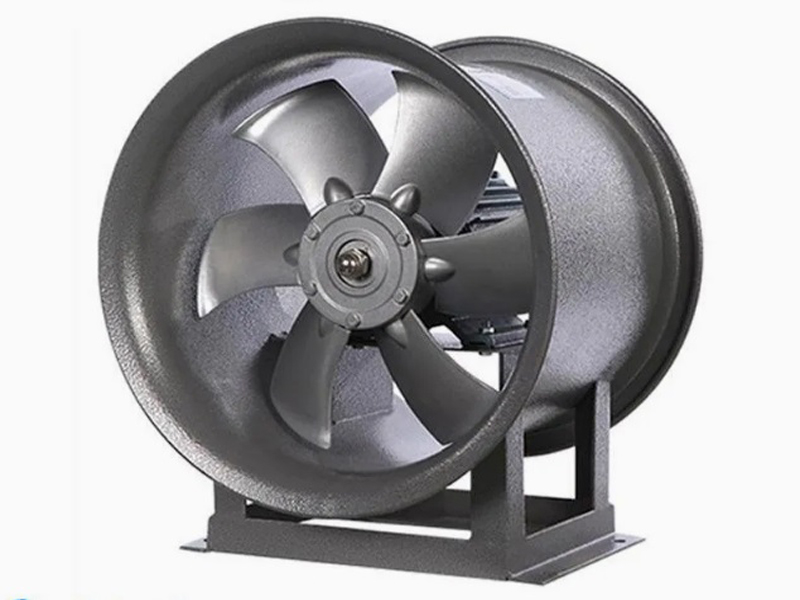
What are the machining processes used for processing axial fan housings
- Process : Sheet metal - Welding
- Material : Carbon steel
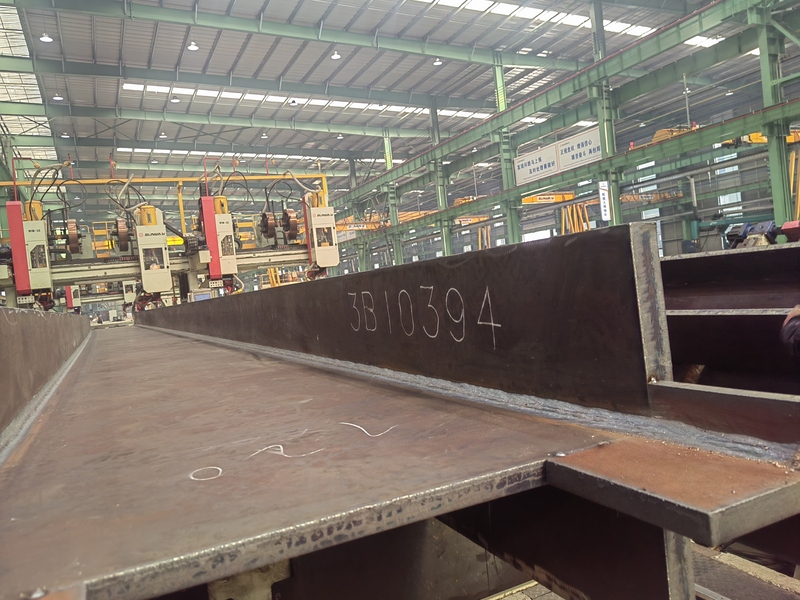
Custom Fabrication of S355JR Welded H-Beams for Construction Projects
- Process : Sheet metal - Welding
- Material : Carbon steel
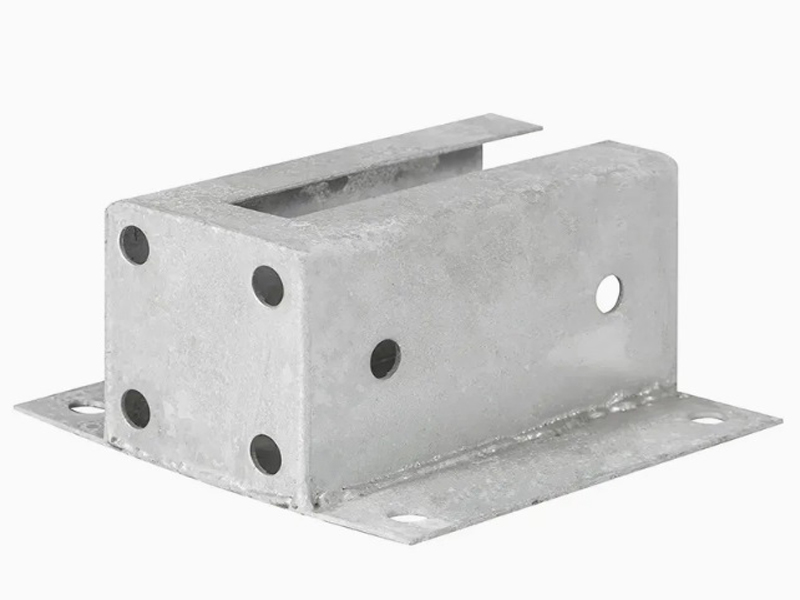
Machining Process Analysis of Carbon Steel Fixed Anchor Plates
- Process : Machining - CNC milling or milling machining
- Material : Carbon steel
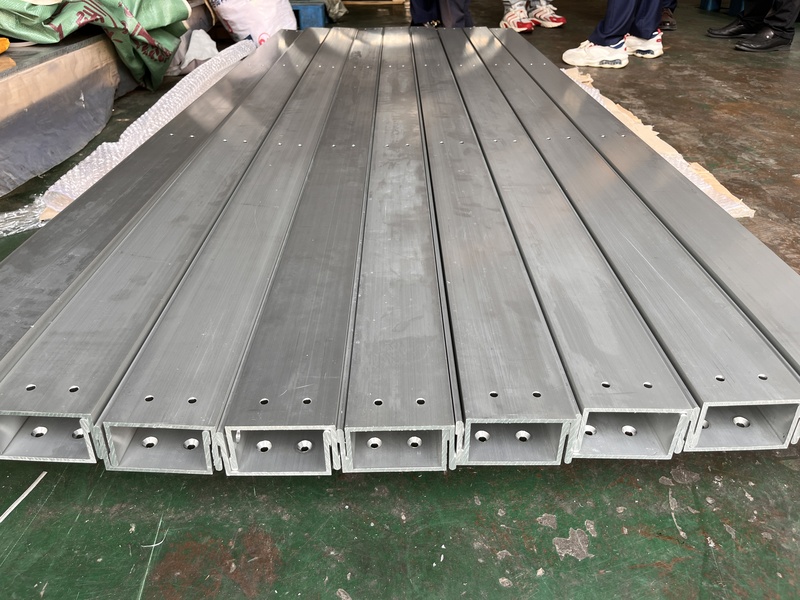
Precision Machining of U-Steel Profiles for Building Applications
- Process : Stamping - General stamping
- Material : Aluminum
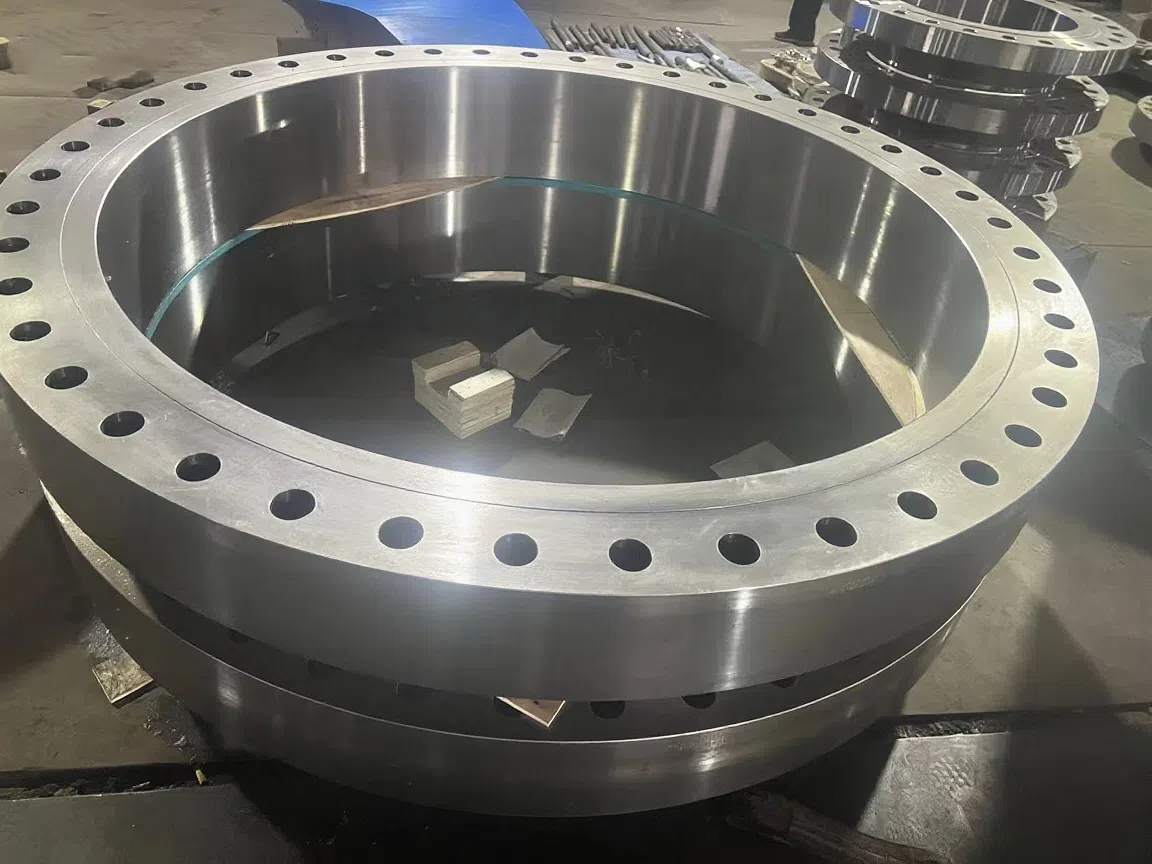
Heavy-Walled Flange Milling-Turning Machining and Flaw Detection
- Process : Machining - Turning Milling compound
- Material : Alloy steel
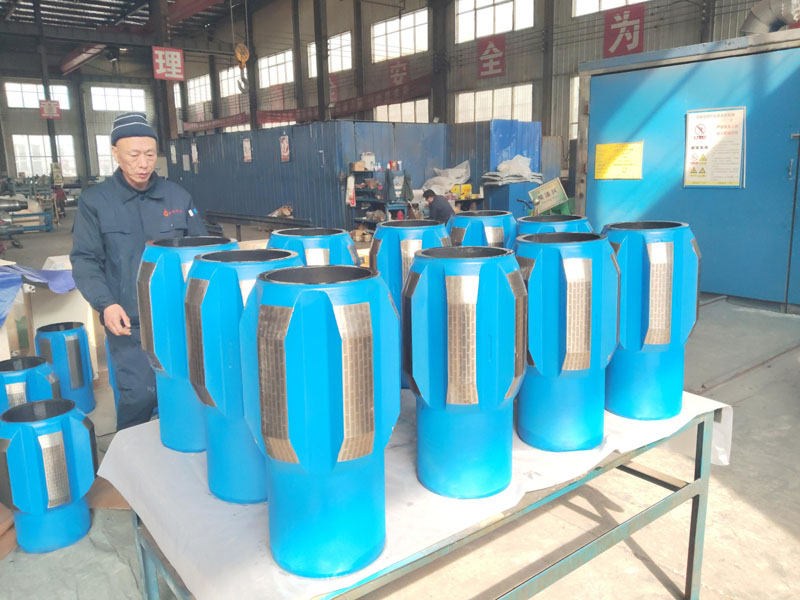
Drill Stabilizers Applied in Oil Drilling Platforms
- Process : Machining - Five-axis machining
- Material : Alloy steel
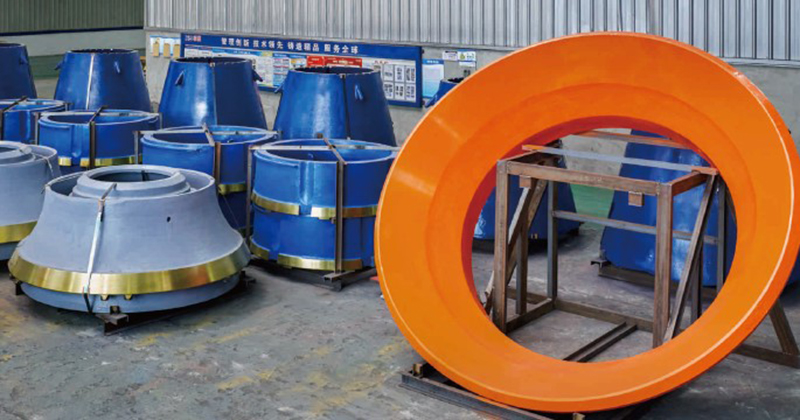
Cone Crusher Mantle
- Process : -
- Material :
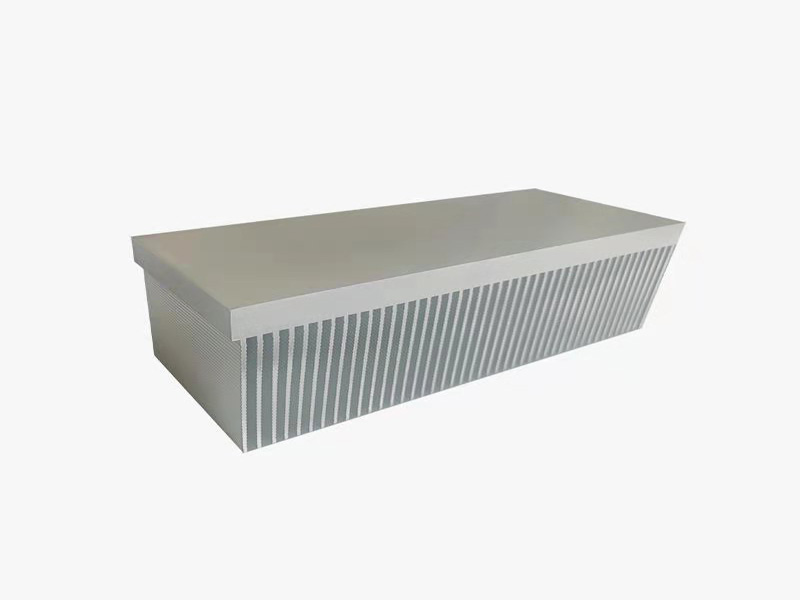
Innovative skiving technology: Breaking through the bottleneck of high-density heat dissipation technology
- Process : Surface treatment - Others
- Material : Alloy steel
More products
More
What are the machining processes used for processing axial fan housings
- Process : Sheet metal - Welding
- Material : Carbon steel

Custom Fabrication of S355JR Welded H-Beams for Construction Projects
- Process : Sheet metal - Welding
- Material : Carbon steel

Machining Process Analysis of Carbon Steel Fixed Anchor Plates
- Process : Machining - CNC milling or milling machining
- Material : Carbon steel

Precision Machining of U-Steel Profiles for Building Applications
- Process : Stamping - General stamping
- Material : Aluminum

Heavy-Walled Flange Milling-Turning Machining and Flaw Detection
- Process : Machining - Turning Milling compound
- Material : Alloy steel

Drill Stabilizers Applied in Oil Drilling Platforms
- Process : Machining - Five-axis machining
- Material : Alloy steel

Cone Crusher Mantle
- Process : -
- Material :

Innovative skiving technology: Breaking through the bottleneck of high-density heat dissipation technology
- Process : Surface treatment - Others
- Material : Alloy steel